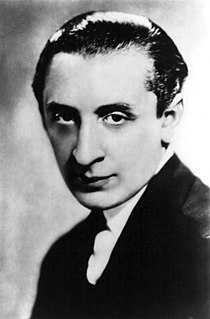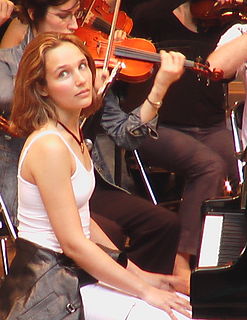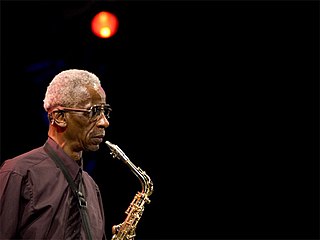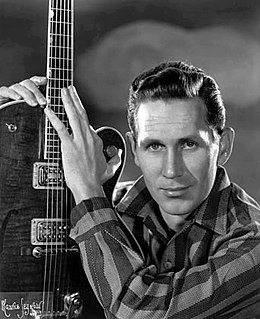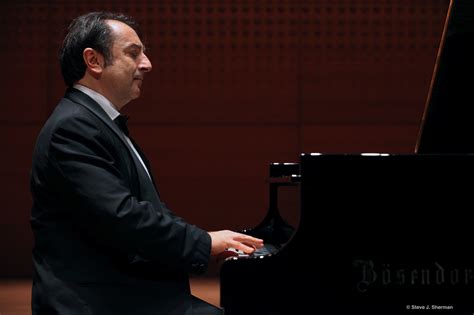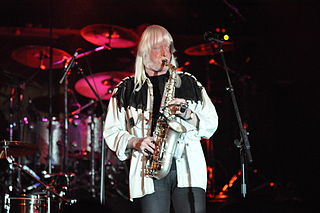A Quote by Vladimir Horowitz
It is important for the musician to learn as much about the composer as possible and to study the music he has written. Then, even a short piece by Brahms or Chopin can be played with much more understanding.
Related Quotes
...stories about [the German composer Johannes] Brahms's rudeness and wit amused me in particular. For instance, I loved the one about how a great wine connoisseur invited the composer to dinner. 'This is the Brahms of my cellar,' he said to his guests, producing a dust-covered bottle and pouring some into the master's glass. Brahms looked first at the color of the wine, then sniffed its bouquet, finally took a sip, and put the glass down without saying a word. 'Don't you like it?' asked the host. 'Hmm,' Brahms muttered. 'Better bring your Beethoven!'
Lenny Breau is one of the true geniuses of the guitar. I suppose he is a musician's musician. His knowledge of the instrument and the music is so vast, and I think that's what knocks people out about him. But he's such a tasty player too. I think if Chopin had played guitar, he would have sounded like Lenny Breau.
What's been important in my understanding of myself and others is the fact that each one of us is so much more than any one thing. A sick child is much more than his or her sickness. A person with a disability is much, much more than a handicap. A pediatrician is more than a medical doctor. You're MUCH more than your job description or your age or your income or your output.
When I finally got together with Rostropovich as a student, he was very focused, almost entirely focused on the music itself, on what the composer had in mind and what he knew about the composer. Many of the works that I played for him had in fact been composed and written for him; he was often the first performer of these works, having known the composers personally.
